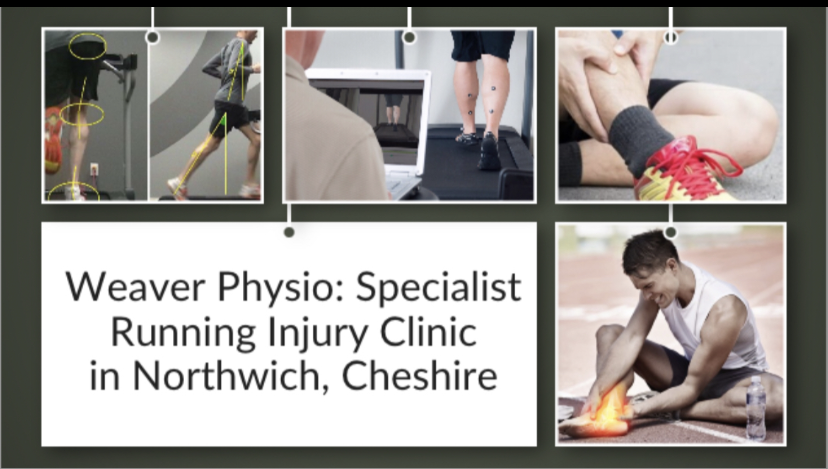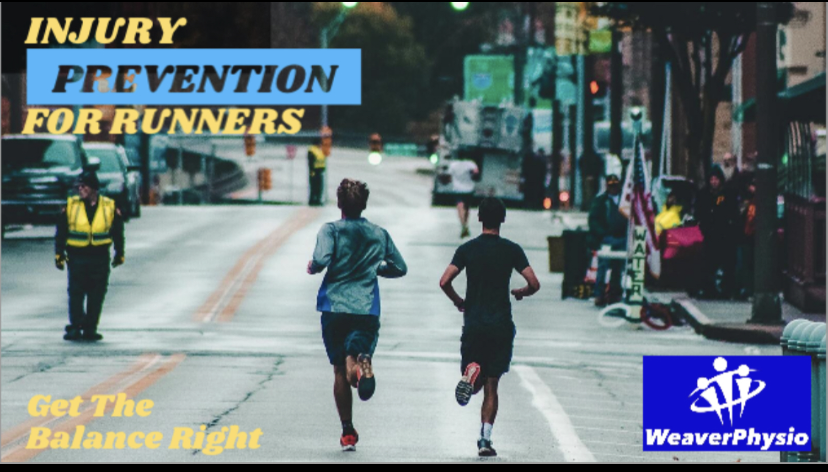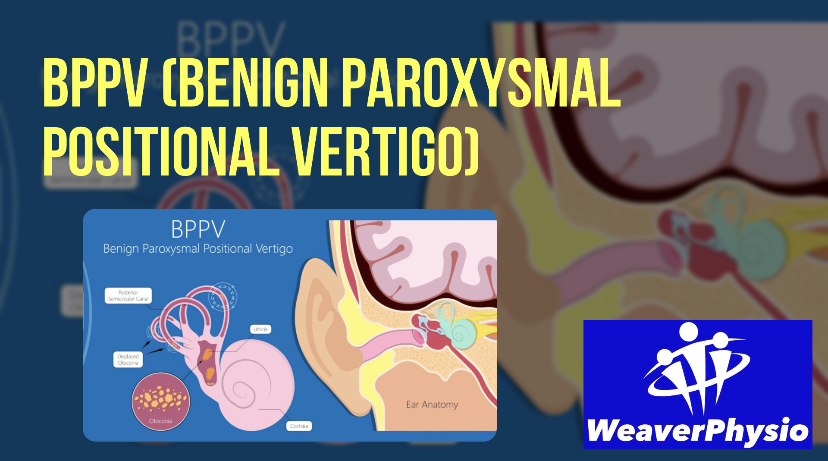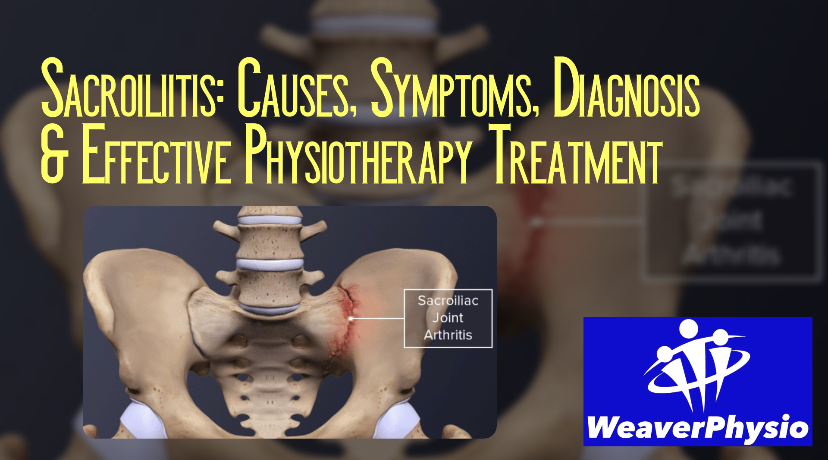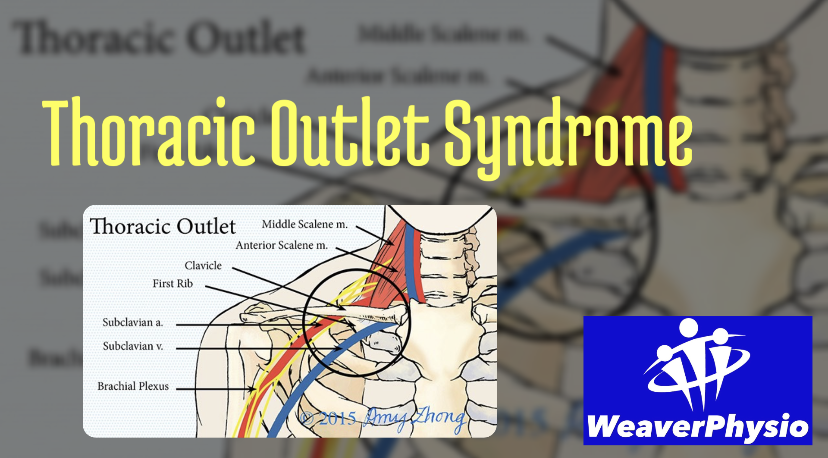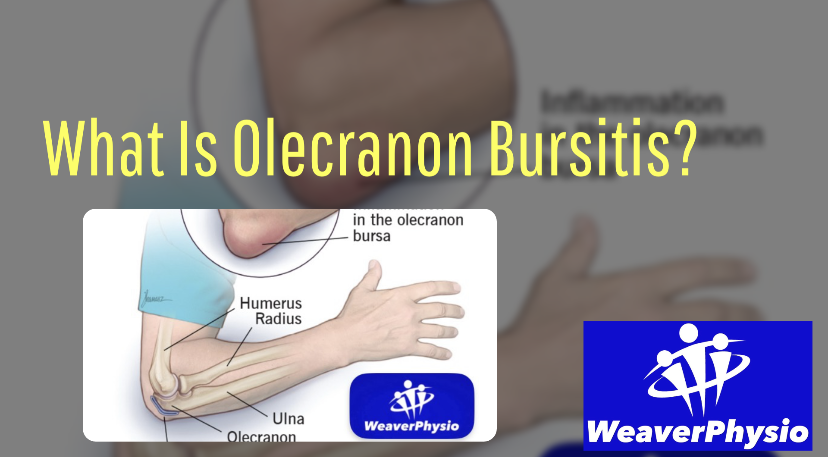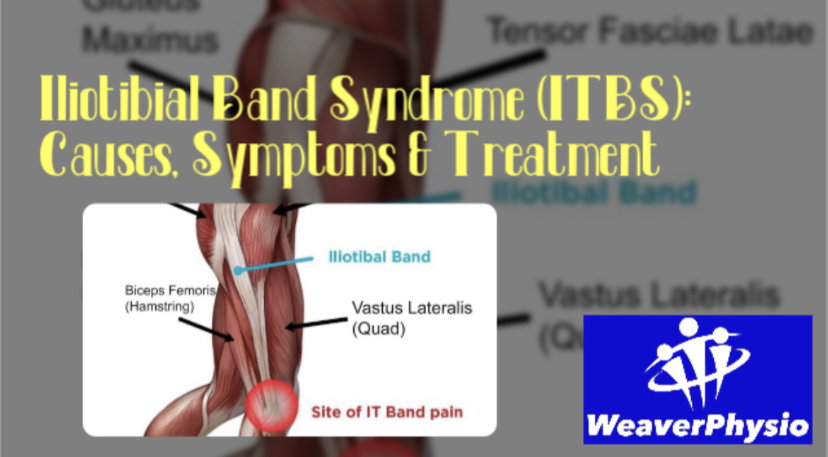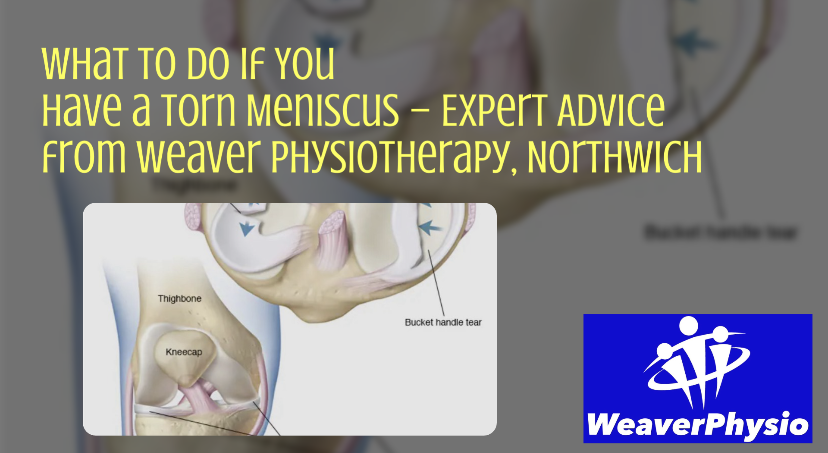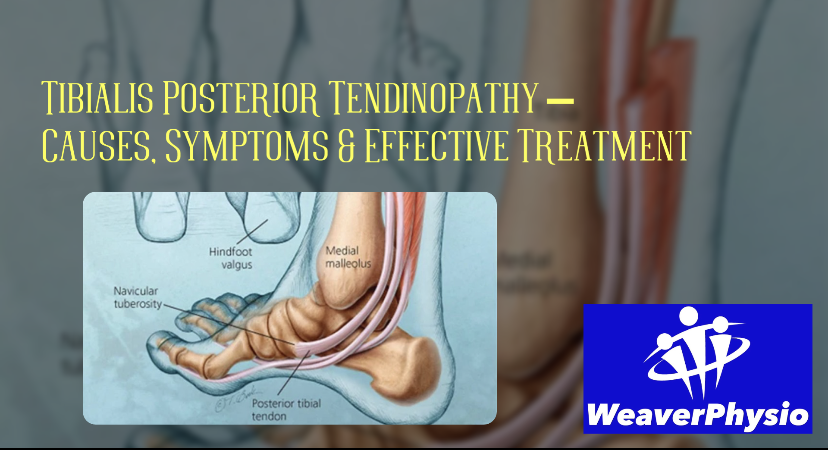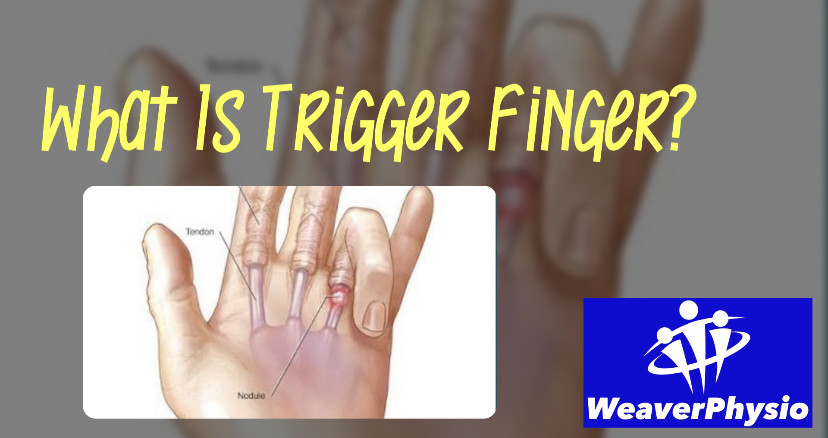Carpal Tunnel Syndrome
Causes, Symptoms, Treatment & Recovery
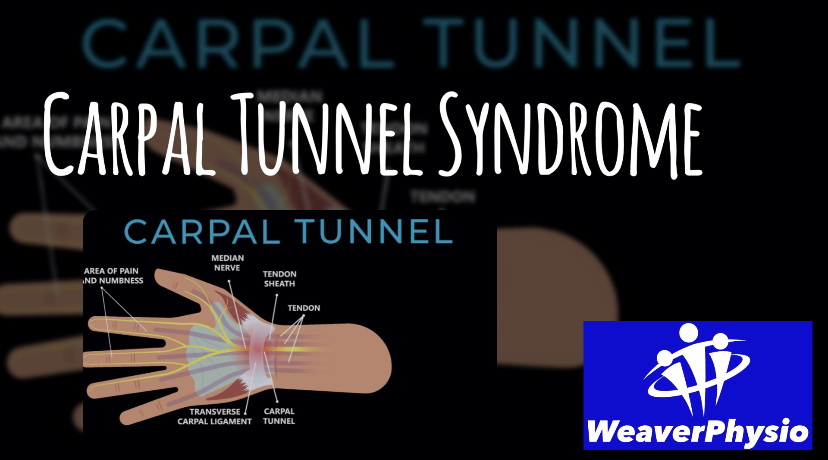
An Expert Guide by Weaver Physiotherapy & Sports Injury Clinic, Northwich, Cheshire
Carpal Tunnel Syndrome (CTS) is one of the most common causes of hand and wrist pain, affecting thousands of people across the UK every year. At Weaver Physiotherapy & Sports Injury Clinic in Northwich, Cheshire, we regularly treat patients struggling with tingling, numbness, weakness, or discomfort caused by this condition.
What is Carpal Tunnel Syndrome?
Carpal Tunnel Syndrome occurs when the median nerve, which runs from your forearm into your hand, becomes compressed as it passes through a narrow space in your wrist called the carpal tunnel.
The carpal tunnel is a small passageway formed by bones and ligaments in the wrist. Inside it are tendons, blood vessels, and the median nerve. When swelling, inflammation, or tightness develops within this space, pressure on the nerve can cause symptoms such as tingling, numbness, weakness, and pain.
At Weaver Physio, we regularly see patients with CTS caused by repetitive strain, poor posture, muscle tightness, or underlying medical conditions. The good news? Early assessment and treatment can make a huge difference to recovery.
Who is at Risk of Carpal Tunnel Syndrome?
Carpal Tunnel Syndrome can affect anyone, but some people are more likely to develop it due to their lifestyle, work demands, or health conditions.
Common risk factors include:
• Repetitive hand movements → Typing, computer work, assembly line tasks, DIY, or playing instruments
• Occupational strain → Jobs involving gripping, twisting, or vibrating tools
• Prolonged poor posture → Forward head position and rounded shoulders can increase tension through the arm
• Medical conditions → Diabetes, thyroid problems, arthritis, or fluid retention
• Pregnancy & hormonal changes → Increased swelling can put extra pressure on the median nerve
• Genetics → Some people naturally have a smaller carpal tunnel
At Weaver Physiotherapy & Sports Injury Clinic in Northwich, we specialise in work-related injuries and repetitive strain conditions like CTS. Our tailored approach targets the root cause rather than just masking symptoms.
Common Symptoms of Carpal Tunnel Syndrome
Carpal Tunnel Syndrome typically develops gradually, but symptoms can worsen without treatment.
Typical signs include:
• Tingling or “pins and needles” in the thumb, index, and middle fingers
• Numbness, particularly when holding objects
• Pain that radiates up the forearm or into the shoulder
• Weakness or difficulty gripping
• Night-time pain or waking up with tingling hands
• Difficulty performing fine motor tasks like buttoning clothes
If you experience persistent tingling, weakness, or numbness, early physiotherapy intervention is crucial to prevent long-term nerve damage.
How We Diagnose Carpal Tunnel Syndrome at Weaver Physio
At Weaver Physiotherapy & Sports Injury Clinic in Northwich, our Chartered Physiotherapists perform a comprehensive assessment to determine whether your symptoms are caused by Carpal Tunnel Syndrome or another condition such as a neck problem, shoulder injury, or nerve compression elsewhere.
Your assessment may include:
• A detailed medical history
• Posture and ergonomic analysis
• Nerve mobility tests
• Grip strength assessment
• Neck, shoulder, and upper limb examination
• Video movement analysis, if required
This allows us to identify the root cause of your symptoms and design a personalised treatment plan that addresses your unique needs.
Treatment Options for Carpal Tunnel Syndrome
At Weaver Physio, we use a combination of evidence-based treatments to relieve pain, restore mobility, and improve strength. Every treatment plan is tailored to you based on your lifestyle, work demands, and symptoms.
1. Hands-On Manual Therapy
Gentle mobilisation techniques are used to improve joint mobility and reduce stiffness around the wrist, forearm, and shoulder.
2. Soft Tissue Release & Sports Massage
Tight forearm and hand muscles can increase tension around the median nerve. Our expert massage therapists release these restrictions to improve circulation and relieve nerve compression.
3. Nerve Gliding Exercises
We prescribe specific exercises to improve nerve mobility and reduce entrapment within the carpal tunnel. These are highly effective in improving tingling and numbness.
4. Strengthening & Rehabilitation
Targeted exercises for the hand, wrist, forearm, and shoulder help restore strength, improve grip, and reduce strain on the median nerve.
5. Ergonomic & Workplace Advice
For patients in desk-based roles, we assess posture and workstation setup. Small adjustments to your keyboard, mouse, and wrist positioning can make a significant difference.
6. Splinting & Support
In some cases, we may recommend a wrist splint to reduce strain, particularly at night. This keeps the wrist in a neutral position, helping relieve pressure on the nerve.
7. Shockwave Therapy (If Required)
For stubborn, long-standing CTS, Shockwave Therapy at Weaver Physio in Northwich can help stimulate healing and reduce pain. It’s a clinically proven treatment supported by NICE guidelines.
Why Choose Weaver Physiotherapy for Carpal Tunnel Syndrome?
At Weaver Physiotherapy & Sports Injury Clinic, we combine 70+ years of combined clinical experience with cutting-edge treatments to deliver exceptional results.
Why patients choose us:
✅ Same-week appointments — no long NHS waiting lists
✅ Expert Chartered Physiotherapists & soft tissue specialists
✅ Advanced rehabilitation programmes
✅ On-site shockwave therapy for stubborn cases
✅ Tailored treatment plans based on your lifestyle and work demands
✅ Friendly, supportive team based in Northwich, Cheshire
Our goal isn’t just to reduce your pain — we aim to restore full function, improve strength, and prevent future flare-ups.
How Long Does Recovery Take?
Recovery times for Carpal Tunnel Syndrome vary depending on:
• How early you seek treatment
• The severity of nerve compression
• Whether lifestyle or workplace changes are made
With early intervention, most patients see significant improvements within 4–8 weeks at Weaver Physio. Long-standing cases may require a longer rehabilitation plan, but with the right approach, we achieve excellent results.
Can Carpal Tunnel Syndrome Be Prevented?
Yes — there’s a lot you can do to reduce your risk of developing CTS or stop it returning:
• Take regular breaks from repetitive hand tasks
• Maintain good posture when working at a desk
• Perform stretching and strengthening exercises
• Adjust workstation ergonomics — wrist position matters
• Use wrist supports where appropriate
• Stay active and keep your upper body strong
At Weaver Physio, we provide personalised prevention plans to keep you moving pain-free.
Carpal Tunnel Syndrome & Sports Performance
Carpal Tunnel Syndrome doesn’t just affect office workers — we often see it in athletes too. Sports like cycling, climbing, rowing, tennis, and golf place repetitive strain on the hands and wrists, increasing CTS risk.
Our physiotherapists work closely with athletes to:
• Improve wrist mobility
• Optimise biomechanics and grip technique
• Reduce strain through strength and stability programmes
• Design sport-specific rehabilitation to keep you performing at your best
When Surgery is Needed
In severe or persistent cases, carpal tunnel release surgery may be necessary. At Weaver Physio, we work closely with local surgeons and consultants to ensure you get the right care pathway.
After surgery, our rehabilitation programmes focus on:
• Restoring wrist and finger mobility
• Reducing scar tissue
• Improving grip strength
• Ensuring a safe return to work, sport, and daily life
Why Early Treatment Matters
The longer Carpal Tunnel Syndrome is left untreated, the greater the risk of permanent nerve damage. Early physiotherapy intervention at Weaver Physio can prevent:
• Chronic numbness
• Loss of grip strength
• Reduced hand dexterity
• Long-term disability
If you’re experiencing tingling, numbness, or weakness in your hands, don’t wait — book an appointment with our expert team today.
Book Your Carpal Tunnel Assessment at Weaver Physio Today
If you’re struggling with Carpal Tunnel Syndrome, the sooner you seek help, the better your chances of a full recovery. At Weaver Physiotherapy & Sports Injury Clinic in Northwich, Cheshire, we offer same-week appointments and create tailored treatment plans to get you moving pain-free again.


